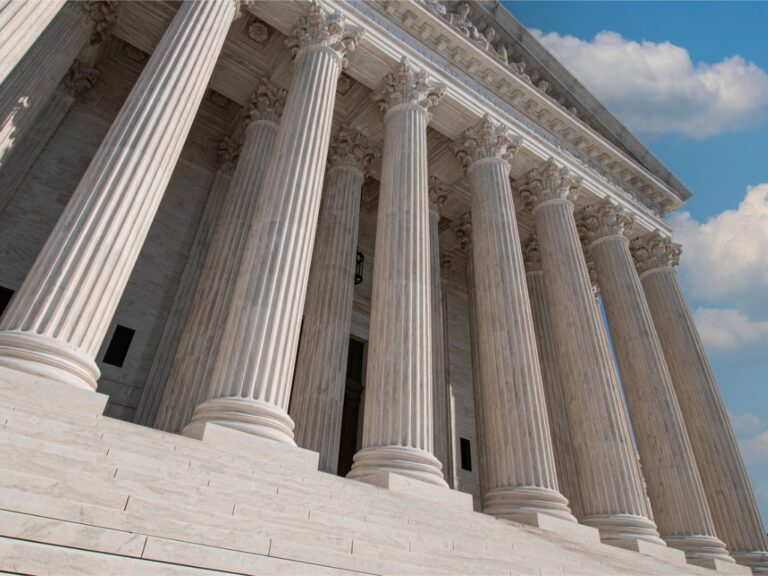Privacy Regulations and Law Firms
August 13, 2024

Privacy Regulations and Law Firms
Law firms have been adapting to data breach laws across all U.S. states. However, according to an article by Attorney at Work, there are growing challenges as privacy regulations and law firms intersect with the passing of new state laws that demand stricter data protection and compliance around the collection, use, and disclosure of personal data. Non-compliant law firms risk severe penalties, which heightens the financial stakes of data breaches.
By July 2024, only seven states had privacy laws in effect, but many more states are implementing laws in the next two years.
The article highlights the following list of states with privacy laws, noting the effective date for those states where the law is not yet in force.
- California
- Colorado
- Connecticut
- Delaware (effective January 1, 2025)
- Indiana (effective January 1, 2026)
- Iowa (effective January 1, 2025)
- Kentucky (effective January 1, 2026)
- Maryland (effective July 1, 2025)
- Minnesota (effective July 1, 2025)
- Montana (effective October 1, 2024)
- Nebraska (effective January 1, 2025)
- New Hampshire (effective January 1, 2025)
- New Jersey (effective January 1, 2025)
- Oregon
- Tennessee (effective July 1, 2025)
- Texas
- Utah
- Virginia
The surge in privacy legislation stems from widespread public concern over the misuse of personal data. The ease with which data can be harvested and exploited online has led to a strong demand for legislative action. This has resulted in privacy laws that not only impose fines but also mandate stronger data protection measures.
For law firms, these developments present both opportunities and risks. While firms specializing in privacy law may benefit, those that fail to protect client data adequately face significant legal and financial consequences. The rise in privacy laws is also expected to tighten cyber insurance requirements, making it more difficult and costly for firms to obtain coverage unless they meet stringent cybersecurity standards.
Despite these efforts, the pervasive interconnectedness of the digital world makes the restoration of true privacy highly uncertain. Nevertheless, the new privacy laws serve as a crucial wake-up call for law firms to strengthen their data protection practices.
Get the free newsletter
Subscribe for news, insights and thought leadership curated for the law firm audience.




